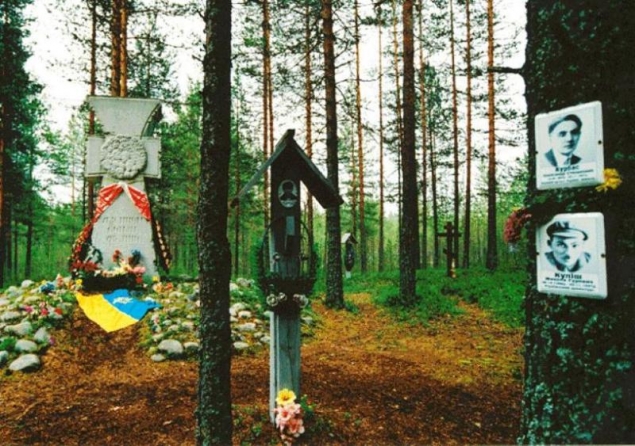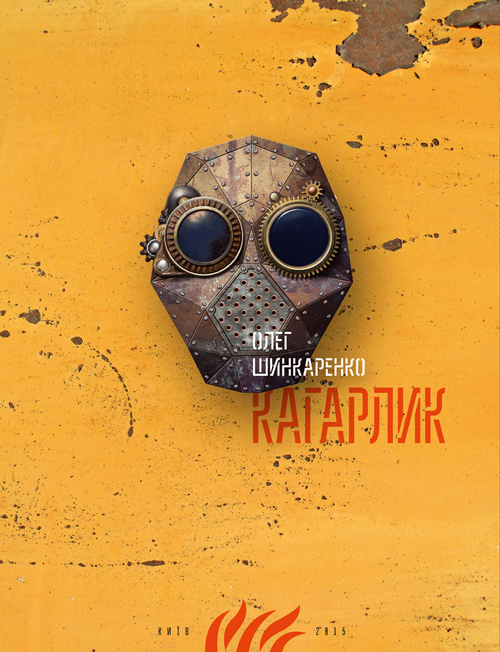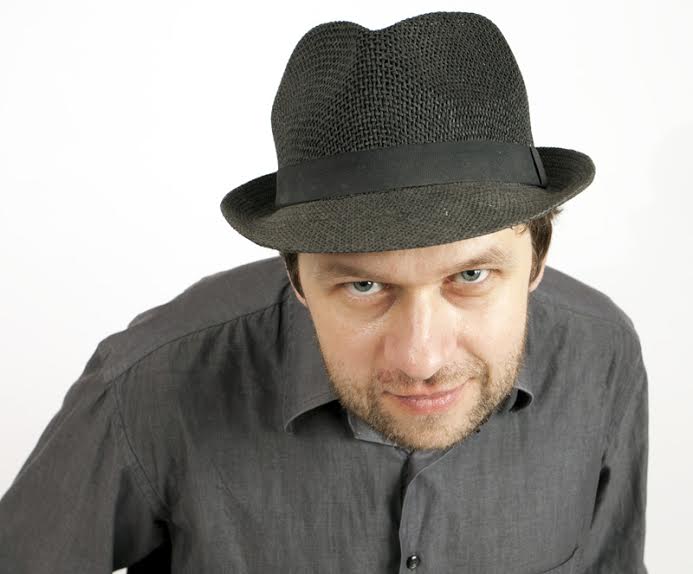In the 1960s, the poet Vasyl Symonenko was walking in Bykivnia forest near Kyiv when he saw some boys playing football with a human skull. The graves of a vast number of Ukrainians, who had been murdered by the Soviets, were concealed among the trees. The skull had perhaps been exposed by erosion and surfaced like a dirty secret. Prior to the fall of the Soviet Union, the authorities had suppressed the truth about the mass executions of the 1930s. However, many of the trees are now adorned with embroidered scarves and the photographs of people believed to be buried there. The families of the dead can at least commemorate their loss. Similarly, the rural population, and those members of their family who had survived and moved to the city, were able to begin discussing the Holodomor, or genocide famine, of 1932-1933.
A classic example of Soviet genocide
Rafael Lemkin described what happened in Ukraine during the 1930s as the “classic example of Soviet genocide”. The Soviet state sought to destroy Ukraine as a nation by targeting sections of the population. They exterminated the peasantry by means of an organised famine, now known as the Holodomor. The country’s artistic and literary elite was also targeted. In both cases, a deniable mechanism was deployed.
Stalin's New Year’s telegram of 1 January 1933 initiated food requisitioning across Ukraine. He knew that there was no food to requisition and the measure would initiate wholesale confiscations of anything that might be edible. Pots of stew were overturned and flower seeds were destroyed. A subsequent directive on 22 January 1933 confined the peasants within the borders of Ukraine and the Ukrainian enclave of the Kuban. The pretext was that they were spreading anti-Soviet agitation.
Read more: Holodomor: Stalin's genocidal famine of 1932-1933
Cultural renaissance in the 1920's
The assault on Ukraine's authors was more complex but comprised arrests on spurious charges and being dispatched to a labour camp or shot. During the 1920s, the Soviet state had actually encouraged Ukrainian in public life as it sought to gain the trust of the local population. The policy of governing in a republic's native language was applied across the Soviet Union. However, because Ukrainian had been repressed under the Tsars, the result was a veritable volcano of uninhibited artistic expression, a true renaissance. The Tsars had arrested and exiled Ukraine's national poet Taras Shevchenko and largely prohibited the language under the Ems Ukaz of 1876. Now authors, who were free to create in their native tongue, initiated an exuberant style which critic Yurii Lavrinenko termed “Clarinetism”. The term derives from Pavlo Tychyna's 1919 collection Solar Clarinets. The aesthetic exuberance of these authors would form one of the pretexts for the arrest of several of their number.What happened in Ukraine during the 1930s was a “classic example of Soviet genocide”
Arrests, terror, and executions of the 1930's

The wave of arrests and executions that swept Ukraine from 1930 onwards was not duplicated elsewhere in the Soviet Union. The initial arrests and trials involved accusing authors and academics of being members of a “Union for the Liberation of Ukraine”. During the years that followed writers were arrested on various, often absurd, charges. They were shot or sent to labour camps to die of malnutrition, hypothermia, and/or exhaustion. However, the culling of the nation's literary intelligentsia was never openly declared. A select number of the most prominent authors were terrorised into eulogising the Soviet state. These included Pavlo Tychyna, whose poems from this period read like brutal totalitarian chants; anthems to collectivisation and mass killing. Other authors evaded the bullet or the train journey to an arctic concentration camp in various ways.
Volodymyr Svidzinskyi survived until 1941 partly by severely restricting the volume of his published work, but was murdered by the Soviets as the Nazi armies advanced across Ukraine. Mykola Bazhan, a supremely gifted poet, produced a diabolical ode to Stalin. It should be noted that the majority of these writers were not anti-soviet power and many were communists. However, they wrote in Ukrainian and that in itself threatened the regime. Mykhailo Drai-Khmara was arrested in part because of a rather beautiful sonnet entitled Swans (Lebedi). The poem described five swans migrating to freedom and was interpreted as an allusion to his own work and that of his neo-classical Ukrainian colleagues. The poem, published in my impressionistic translation in Modern Poetry in Translation's Centres of Cataclysm anthology, is an assertion of the right to free expression. Ukrainian poetry was a threat to the Soviets not because of its content, but because it was Ukrainian and contained the promise of a liberated imagination.

Ukraine seen through Russian eyes
The names of many of these writers were erased from public life. The cultural repression within Ukraine was mirrored by the negative branding of the country abroad. Western literary critics would echo the views of their Russian colleagues... Ukrainian was a dialect of Russian... Ukrainian was a minor literature. Publishers, who would routinely commission a translation of a Russian poet such as Mandelstam, would never conceive of looking at a Ukrainian author.Ukrainian poetry was a threat to the Soviets because it was Ukrainian and contained the promise of a liberated imagination.
Ukrainians are de-colonising their own country, toppling Lenins like skittles, adorning apartment blocks with gaudy exuberant memorials. But the empire exists in the minds and hearts of foreigners. Joseph Conrad, whose roots lay in Ukraine, wrote about how Russia appeared “Under Western Eyes”. However, the West still largely sees Ukraine through Russian eyes.
A new harbinger of a second Ukrainian renaissance
Putin's regime treats culture as a weapon in its campaign of hybrid war against Ukraine and the West. His Ukrainian satrap, Yanukovych, sought to stifle Ukrainian's freedom of expression by a campaign of thinly veiled terror. The author Oleh Shynkarenko was interrogated by the security services for his negative stance towards president Yanukovych. He is a harbinger, along with many other younger Ukrainian authors, of what we might term a second Ukrainian renaissance.
Shynkarenko's most significant work, the novel Kaharlyk (2014), began on Facebook as a series of bulletins from an alternative reality. Oleh created fragments of concrete music, mixing sounds, such as Serbian liturgical melodies, washing machines, and cows mooing, to develop a soundscape for his world. The book is written entirely in blocks of 100 words. Andrei Kurkov, a Penguin published author, describes it as a “hologrammatic” novel, a series of “beautifully crafted puzzles”. But the book tells a story. A man has lost his memory because the Russian military has used his brain to control military satellites. He regains consciousness in a mysterious hospital-like building and begins a pilgrimage to find his past. He journeys to Kaharlyk, a town where time has stood still following the testing of an experimental weapon. The book is an Odyssey as magical as Alice's tumble through the looking glass or Gulliver's first footprint on the sands of Lilliput.
Help translate the book to English

Kalyna Language Press is looking for funding to translate and publish Kaharlyk as part of a project to create an audience for Ukrainian literature. The Kickstarter project has already attracted support from prominent western authors and translators such as Daniel Hahn and Frank Wynne. However, we only have until 20 March to raise the funding. So please take a look at the project and watch our video here. Ukrainian literature is rising like a phoenix. This project gives you the chance to help a national literature revive and be rewarded with a great book. Join us. And help Ukraine's writers break into the West.
[hr]Steve Komarnyckyj of Kalyna Language Press, [email protected]


